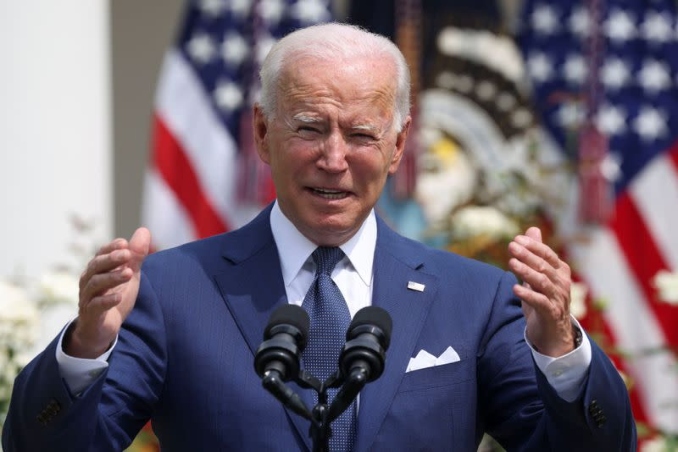Last updated on September 11th, 2021 at 07:56 am
On Tuesday, United States of America’s President Joe Biden announced that the administration is pushing for expanding business ties between US firms and Africa. The focus of this relationship would be on sectors including health, clean energy, agricultural businesses and transportation infrastructure across the continent.
The move has been welcomed by the US industry leaders but they have first called for the Biden administration to wind up its review of former President Donald Trump’s trade plans. This is to ensure the smooth inflow of dollars. Dana Banks, senior director for Africa at the White House National Security Council said that the administration should revive Prosper Africa as “the centerpiece of U.S. economic and commercial engagement with Africa.” Prosper Africa was an initiative launched in 2018 by former president Donald Trump.
Travis Adkins, deputy assistant administrator for Africa at the U.S. Agency for International Development (AID), said, “We’re looking at the ways in which we (can) foster two-way trade, looking at mutually beneficial partnerships that work together to mobilize investment, create jobs, and … shared opportunities on both sides of the Atlantic.”
READMORE: COVID-19: Boosting intra-Africa free trade need of the hour
President Biden had requested $80 million for the initiative in May as part of his budget proposal. The aim would be on women and would be expanded to include small and medium-sized businesses.
Banks added that Prosper Africa is a project that is on priority for the Biden administration. She added that African nations too are eager to expand their cooperation with the USA.
“We can’t wait another year to devise an Africa policy; we need to be bold in our thinking,” said Scott Eisner, president of the U.S. Chamber of Commerce’s U.S.-Africa Business Center.
A key hurdle in the African companies eagerness is uncertainty around the Biden administration’s policy on LNG (liquified natural gas) projects. Nigeria and other countries are eager to secure US investments but are holding back to see if the administration would back LNG projects while it is seeking to reduce US emissions.

